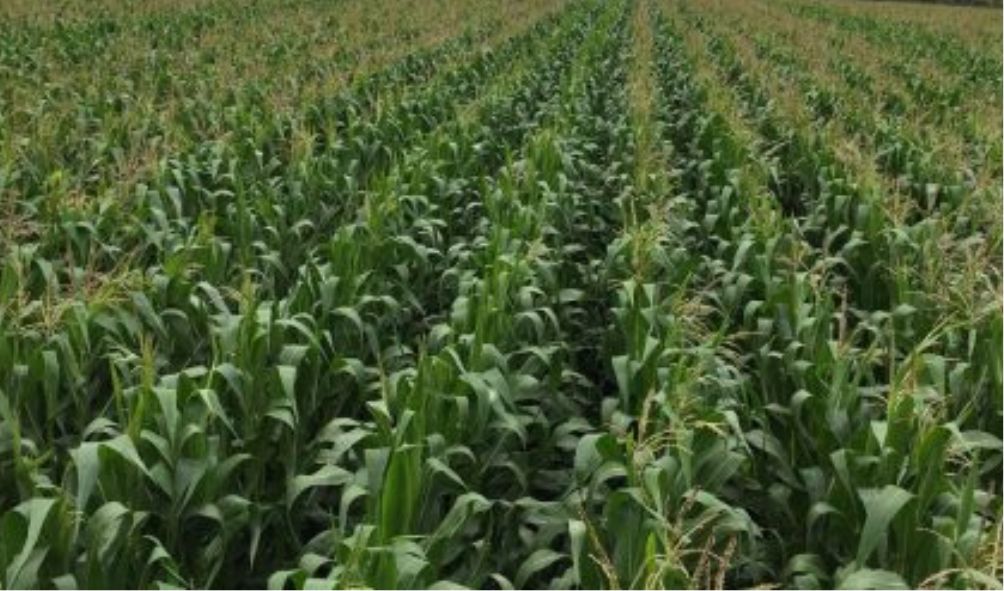Government lifts ban on maize growing in forests

Government lifts ban on maize growing in forests through Plantation Livelihood Improvement Scheme (Pelis) plots
Government lifts ban on maize growing in forests through Plantation Livelihood Improvement Scheme (Pelis) plots.
The government of Kenya has lifted the ban on the growth of maize in forests.
Chief Conservator of Forests Alexander Lemarkoko issued a circular on April 6, 2023, to Regional Forest Conservators, County Forest Conservators, and Forest Station Managers, instructing them to permit farmers to grow annual crops, including maize, in Plantation Livelihood Improvement Scheme (Pelis) plots.
Sections 48 and 49 of the Forest Management and Conservation Act of 2016 contain the Pelis incentive system, which enables people that are near forests to use those areas for growing food crops while promoting the establishment of new forests.
The cultivation of corn was prohibited, and only low-cover crops like kale, cabbage, carrots, and potatoes were permitted by the community.
This is due to the fast-growth nature of maize which suppressed the growth of the tree seedlings in some areas, especially in the first year.
“You are hereby notified that annual crops such as maize may be allowed in Pelis plots within forest plantation areas,” the circular read.
This comes after the state Department of Forestry principal secretary Ephantus Kimotho last month promised farmers near forests that government would allow them to farm in forests.
He said major forests have seen trees growing as a result of being taken care of by the communities who work closely with the KFS.
“We cannot underrate the role the Pelis has played. We know it has helped in reforestation, protection, and conservation of forests” he said.
Stop abusive language against Raila, Ruto ally tells Kwanza Leaders
Ruto defends self against criticism for launching road project twice
Ex-KDF officers warn Ruto of bipartisan talks with Raila
The PELIS system is not entirely a new concept as it was formerly referred to as the Shamba system before being rebranded.
The portions are subdivided through a balloting method among the CFA members.
Once a CFA member has been given a portion, they are required to pay an annual commitment fee depending on the portion of land owned by the Kenya Forest Service (KFS).
A quarter an acre costs Sh250 which is paid once every year until the trees grow.
An agreement between the farmer and KFS specifies what they are and are not allowed to do in relation to their activities on the forest area.
This also entails the use of some chemicals, such as specific herbicides, which when sprayed may kill the tree when it is still a young tree.
Depending on the severity of the violation, consequences for breaking the agreement include being forced to leave the forestland, losing the portion assigned to someone else, and losing the member’s eligibility for future allocations.
Also read,
Azimio demands an inquiry into the financial crisis as civil servants miss salaries
Uhuru starts receiving his Sh1.32m monthly pension as the State withholds another KSh655 million
Inflation rate to increase Kenya’s debt by Sh15.6 billion in two years – IMF
Ruto changes tune on reversing Uhuru project to woo business from Rwanda
Follow us






